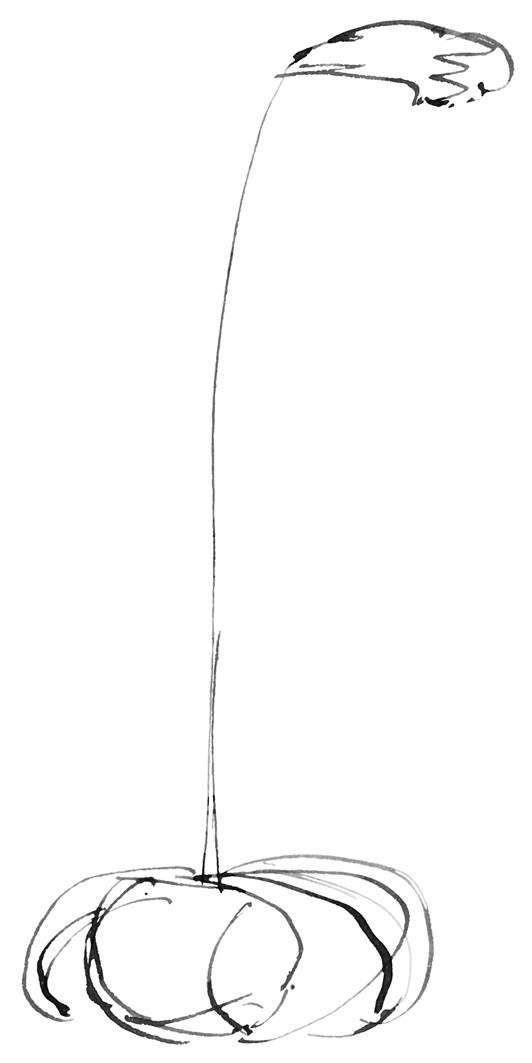From W. T. Thiselton-Dyer 25 June 1874
10 Gloucester Road, Kew
June 25. 1874
Dear Mr Darwin
Several days ago I began answering your letter which I had indeed already delayed doing too long.1 I was anxious, however, to get you as much information as I could and some of your inquiries I must still leave in suspense.
1. I could not positively affirm that all the species of Pinguicula secrete because one could not do this without having seen them all growing.2 But I have looked at all the species of which there are dried specimens in the Kew Herbarium and they have all much the same habit with one or two exceptions. There is an american species P. filifolia, Wr. with long slender leaves. A Ms. note with the specimens speaks, if I remember rightly, of the leaves being “icy” like the other species. I imagine therefore that even that ‘secretes’ though I have no notion how the leaves are disposed when it grows.3 In the character of the genus given in DeCandolle’s Prodromus the leaves are described as “rosulatis, integerrimis, margine plerumque involutis.”4 As far as one can judge from dried specimens which in the case of succulent plants are never very satisfactory, the curving up of the margin for the purpose of retaining the secretion seems to be general throughout the genus.
Have you noticed the curious trick the plants have of rolling their leaves downwards when pulled up— This is a considerable practical difficulty in the way of getting good herbarium specimens.

2. I asked Dr Hooker about some botanist who could make observations for you and he suggested Mr Ralfs of Penzance at which place the Irish P. grandiflora has been naturalized in a bog.5 In the Student’s Flora it is however I see reduced to a variety of P. vulgaris and you would like a wider specific range.6 I think I could get plants sent you from Ireland if you would care to have
CD annotations
Footnotes
Bibliography
Candolle, Augustin Pyramus de and Candolle, Alphonse de. 1824–73. Prodromus systematis naturalis regni vegetabilis, sive enumeratio contracta ordinum generum specierumque plantarum huc usque cognitarum, juxta methodi naturalis normas digesta. 19 vols. Paris: Treuttel & Würtz [and others].
Correspondence: The correspondence of Charles Darwin. Edited by Frederick Burkhardt et al. 29 vols to date. Cambridge: Cambridge University Press. 1985–.
Hooker, Joseph Dalton. 1870. The student’s flora of the British Islands. London: Macmillan.
Summary
Reports on his examination of the dried specimens of Pinguicula at Kew to answer CD’s query whether all species secrete.
Letter details
- Letter no.
- DCP-LETT-9513
- From
- William Turner Thiselton-Dyer
- To
- Charles Robert Darwin
- Sent from
- Kew
- Source of text
- DAR 58.1: 64–6
- Physical description
- inc †
Please cite as
Darwin Correspondence Project, “Letter no. 9513,” accessed on 27 July 2024, https://www.darwinproject.ac.uk/letter/?docId=letters/DCP-LETT-9513.xml
Also published in The Correspondence of Charles Darwin, vol. 22


